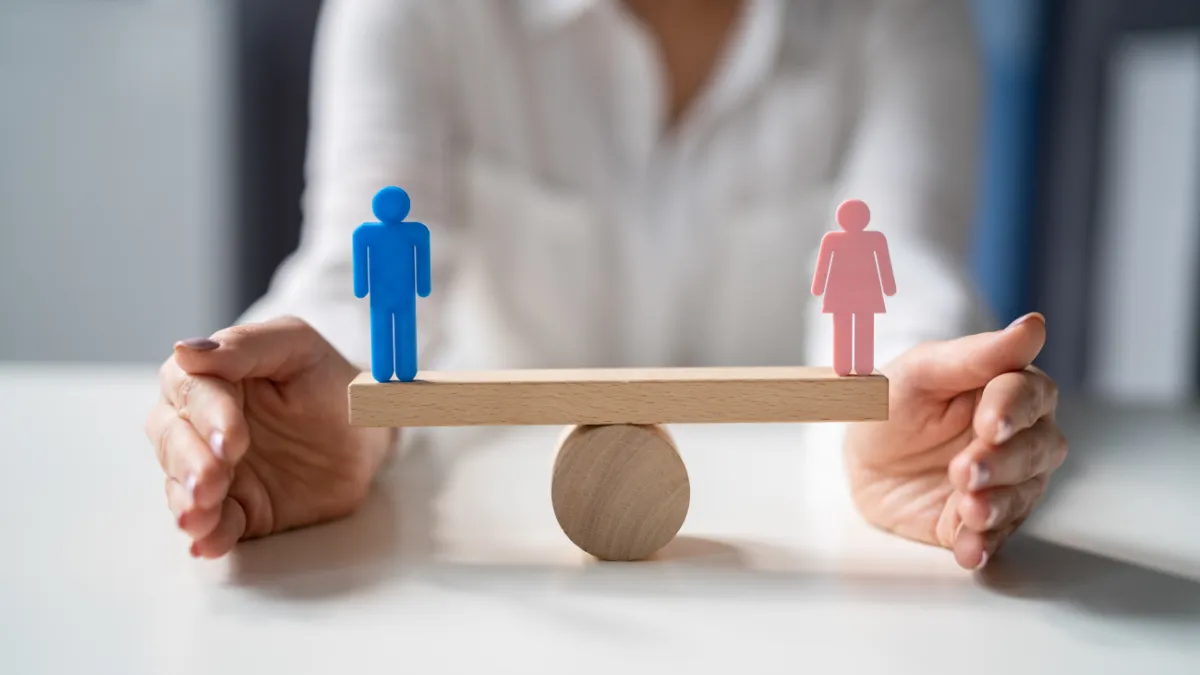Access to healthcare is a fundamental human right, yet in India, this access is deeply gendered. Along with women, within the category of women, marginalized women such as Dalit women, Tribal women and queer people face numerous barriers in accessing healthcare services. Deccan Herald reports, according to a 2022 study based in Delhi, for every two boys diagnosed with cancer, only one girl receives a diagnosis. By examining this issue through an intersectional sociological lens, we can better understand how gender, along with other social categories such as caste and class, shapes healthcare access and perpetuates inequalities in this system. In this article particularly, I am taking women as a category to analyze how, because of their gender, they do not receive proper healthcare.
Feminist Theory and Healthcare Access
Feminist theory provides a critical framework for understanding how patriarchal structures influence women’s access to healthcare. In India, traditional gender roles and expectations often prioritize men’s health and well-being over women’s. This gender bias is evident in various aspects of healthcare, from resource allocation to treatment availability. Women frequently face societal pressures that discourage them from seeking medical help. For instance, women are conditioned to be shy in telling their health problems to doctors, they are often taken to any local practitioner, they are told to actually cure their problems by themselves such as any old women who knows some medical herbs suggest the cure to problems like eating gond while a girl comes into puberty and start menstruating to balance the flow of blood.
Dalit women lives less than so-called upper caste women
Feminist theory also highlights the role of intersecting identities in exacerbating healthcare disparities. For instance, women from lower castes or tribal communities often face double discrimination due to both their gender and social status. Shakeel Ahmad and Sandhya Mahapatro write, “women from SC-ST are 1.37 times more likely to have non-access to healthcare services than men from the general category.” These women’s healthcare needs are often overlooked or inadequately addressed because of their low caste position, poverty and down class position that leads to their poorer health outcomes. As a result we see that dalit women live 14.6 years less than so-called upper caste women.
Structural Functionalism and Systemic Barriers
Structural functionalism, a theoretical perspective that sees society as a complex system whose parts work together to promote stability and order, can help us understand the systemic barriers to healthcare access. In the context of India, various social institutions, including family, education, and healthcare systems, contribute to maintaining gender inequalities.
The Family and Education
The family, as a primary social unit, plays a significant role in shaping healthcare access. Patriarchal norms often restrict women’s autonomy, limiting their ability to make independent health-related decisions. For instance the taboo around the “period talk,” a separate room for newborn mothers. Additionally, educational disparities mean that women, particularly in rural areas, often lack the knowledge and awareness needed to seek appropriate healthcare.
Underrepresentation of Women in the Health Sector
Healthcare institutions themselves can perpetuate gender biases. Female healthcare providers are often underrepresented, particularly in leadership roles, which can lead to a lack of sensitivity and understanding of women’s health issues within the system. Talking about infrastructure is also needed. There are less female doctors in hospitals, which makes it difficult for women to open about their issues.
Impact on Society
The gendered nature of healthcare access has far-reaching implications for society. When women are unable to access healthcare, it not only affects their individual health and well-being but also has broader social and economic consequences. Poor maternal health, for example, can lead to higher infant mortality rates and long-term health issues for children, perpetuating cycles of poverty and inequality. Additionally, when women are unhealthy, their ability to contribute to the workforce and economy is diminished. This loss of potential labor can hinder economic growth and development. As Forbes reports, the women’s health gap costs $1 trillion worldwide. Moreover, societal discomfort arises from the normalization of gender inequalities, which can lead to social unrest and hinder progress toward gender equality and more gender violence against women.
Proposing Solutions for Equitable Healthcare Access
Addressing the gendered nature of healthcare access in India requires a multi-faceted approach. Implementing gender-sensitive policies that prioritize women’s health and ensure equitable resource allocation is crucial. Policies should also address the specific needs of marginalized communities to reduce intersectional disparities. Increasing awareness about women’s health issues and promoting health education can empower women to make informed healthcare decisions such as the campaign khud se poochhe (ask yourself).
Educational programs should target both women and men to challenge and change gender norms. And, last but not the least, improving healthcare facilities in rural areas and ensuring the availability of female healthcare providers can enhance access for women. Mobile health clinics and telemedicine services can also play a vital role in reaching remote communities.
Addressing the health gap between men and women in India is the need of the hour, India is being the most populous country in the world and one of the highest demographic dividends. The lack of concern regarding women’s health means not fully using this dividend and human potential, and wasting the golden opportunity of the times. Empowering and making women healthier is important so that they can make greater contributions to the economy, creating better social and political conditions for the country.







